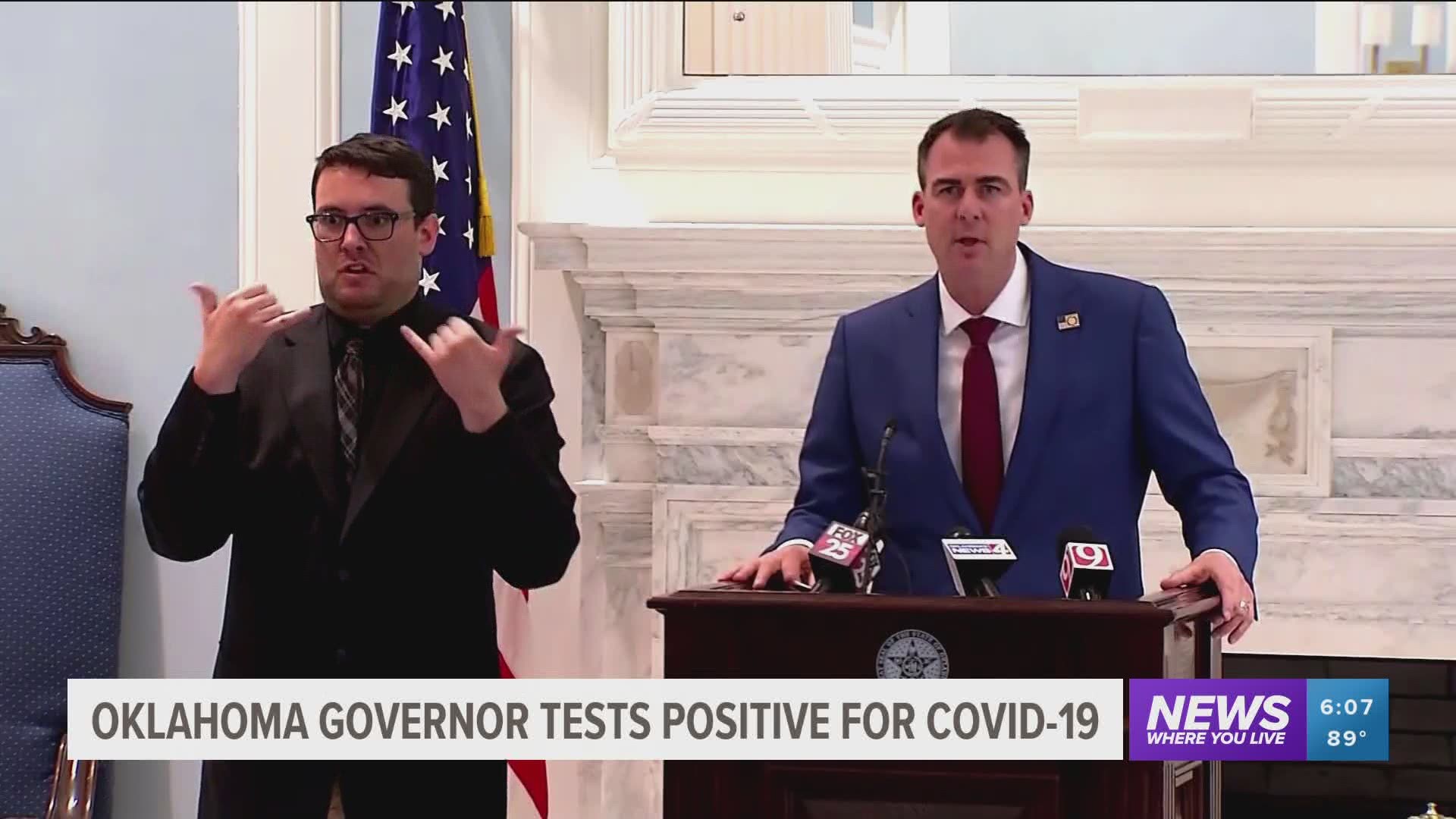OKLAHOMA CITY — Editor's note: The related video above was published on Wednesday.
Oklahoma’s attorney general and five major Native American tribes in Oklahoma on Thursday announced an agreement on proposed federal legislation regarding civil and criminal jurisdiction following a recent U.S. Supreme Court decision.
Republican Attorney General Mike Hunter announced the deal with leaders of the Cherokee, Chickasaw, Choctaw, Muscogee (Creek) and Seminole nations after the high court ruled last week that much of eastern Oklahoma remains an Indian reservation.
Both sides agree any proposed legislation should recognize tribal sovereignty and the respective tribal boundaries outlined in their treaties with the federal government.
Under the agreement, the state would have criminal jurisdiction over non-Native American offenders throughout the treaty territories, with some exceptions, while the tribes would have overlapping jurisdiction over most offenders who are tribal citizens. Federal prosecutors would still have jurisdiction under the Major Crimes Act over certain serious crimes committed by Native Americans.
The agreement clarifies that civil jurisdiction would remain largely unchanged.
“Although there are many more details to be ironed out in the near future, we believe this agreement regarding civil and criminal jurisdiction is the best path forward for protecting the public and promoting continued economic growth in Oklahoma,” Hunter said.


Muscogee (Creek) Nation Principal Chief David Hill said that while the court ruling leaves some unanswered questions, he expressed confidence in the tribes' ability to work with state and federal agencies.
“Tribal nations have successfully collaborated with law enforcement for years in the communities we share, and this ruling only strengthens our ability to work together for the betterment of public safety for all Oklahomans," he said in a statement.

